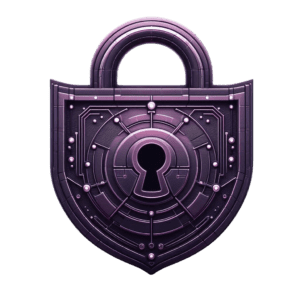How to Avoid Trouble With Ethics Codes, Nonpublic Information

In April, the Securities and Exchange Commission’s Division of Examinations issued a risk alert to provide further information on common investment advisor examination deficiencies relating to Section 204A of the Investment Adviser Act and Rule 204A-1 under the Investment Adviser Act of 1940. My partner Jeff Lang outlined some key points on the division’s alert.
Jeff explained that the alert included a set of reminders of what must be included in any investment advisory Code of Ethics (CoE) document, including standards of business conduct that govern how the advisor will operate its business and requirements for all supervised and access persons.
A key CoE component is the requirement that access persons report and the advisor review their personal securities transactions and holdings. Required provisions must also address supervised person compliance with federal securities laws and the duty to report CoE violations to the chief compliance officer or their designee.
Also highlighted were a number of weaknesses in compliance programs. For example, many firms did not correctly identify or supervise their access persons. In addition, firms did not accurately define access person terminology in their CoE document (which may erroneously omit certain employees from the access person list).
Firms also failed to furnish their employees with a copy of the CoE. Further, many firms did not obtain written acknowledgments from employees regarding receipt of the CoE.
Other Deficiencies
The agency also noted that firms were deficient in the areas of personal securities trading, preapproval and disclosure requirements, Jeff said. Many deficiencies related to personal securities transactions and holdings, including:


